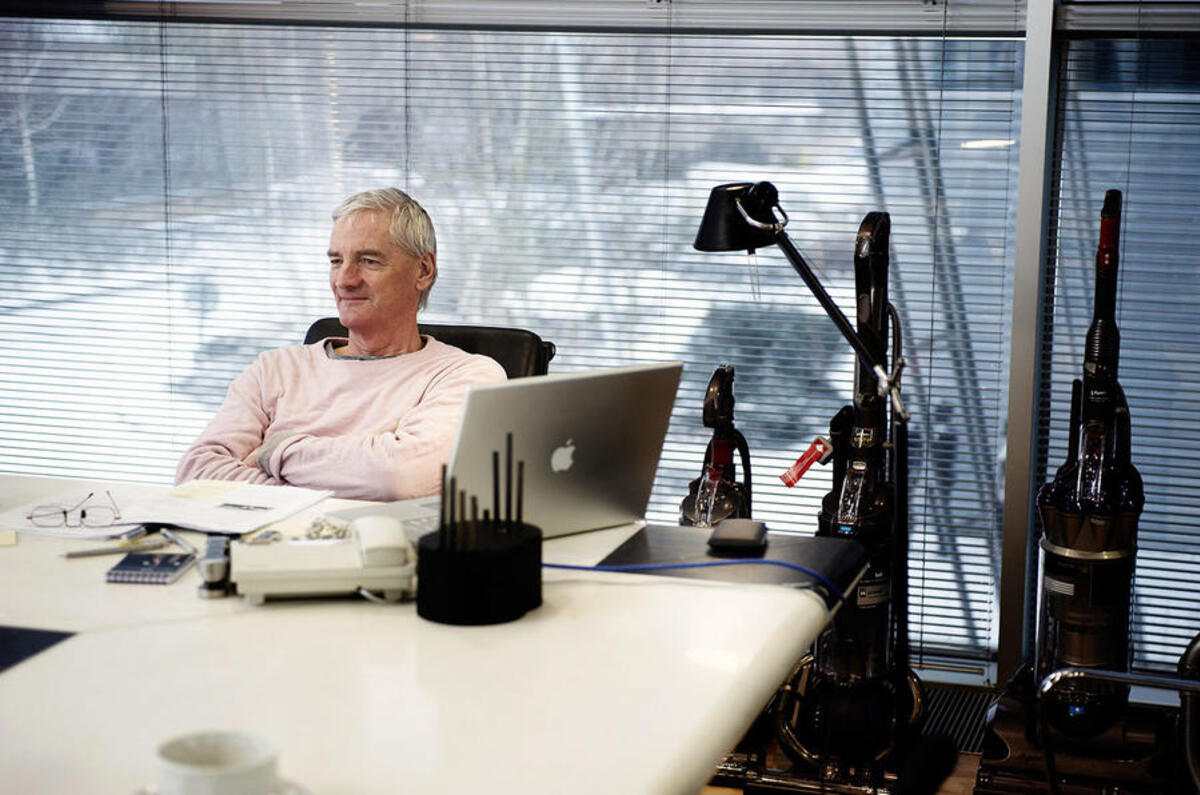The suddenness with which Dyson has scrapped its electric car project will be as much of a jolt to the car industry as when the firm launched the project in the first place.
Company founder James Dyson had bold plans and a firm belief his company was developing ground-breaking technology that would set his car aside from the growing ranks of EV rivals. Given that, it’s genuinely startling that he has shuttered the project so quickly.
Dyson axes electric car project
But the decision also shows James Dyson’s business acumen. In his email to staff, he is adamant about the potential of the technology his company has developed for the car – particularly in terms of batteries – but it was the business case that just didn’t stack up. He simply couldn’t find a way to make the project financially viable.
In a way, it’s odd that realisation seemed to be a surprise to Dyson: just look at the challenges and travails of numerous EV start-ups. The obvious comparison is with Tesla, an EV firm founded by a well-funded car industry outsider with bold plans to utilise new techniques and technology to take on the car industry giants. Tesla has now proven itself a credible contender in the industry, but it is still struggling to turn sales, reputation and its huge brand strength into profits.
Dyson would have faced similar challenges. The firm might have a proven reputation for producing vacuum cleaners and home products, but the sheer complexity of an electric car is on a different scale.
Then consider the race among car firms to develop their own electric cars, moving into the market with manufacturing expertise and abilities to achieve economies of scale even a well-funded start-up like Dyson would struggle to match. Volkswagen, for example, is talking about producing 150,000 of its electric ID models next year. It leaves a firm like Dyson with little margin for error.
Arguably, those challenges haven’t really changed since Dyson launched the car project, raising questions as to why it didn’t react to them earlier. But credit Dyson with accepting failure now, before it began the huge capital investment of tooling up its factory in Singapore.
It’s similar to how Apple started work on its own car project, before quickly canning it.
Besides, even if the Dyson car might not happen, it feels too early to call this project a failure just yet. Dyson notes the car project was developed as part of a £2.5 billion investment in technology and that the firm has make vast steps in areas such as solid-state battery tech. It will continue investing in those projects, with the plan to find uses for them elsewhere in its business – and potentially through licensing them out.
So if Dyson truly is working on technology as ground-breaking as it believes, then it could yet be deployed within the car industry. If so, the short-lived tale of the Dyson car might yet be remembered for more than just the surprise of its arrival – and sudden departure.








Join the debate
Add your comment
It's a shame
Bit of a shame as his vacuum cleaner designs were first rate. You can change a motor in 10 minutes or less for less than £20 including 2 filters and no tedious bags of course. There must be a good reason for him to have given up on the idea. I summize that Dyson has realized that the battery technology is not "there yet" so he cannnot offer a unique selling point such as "near instant charging" as he did with his vacuums and to a lesser extent the counter rotating washing machine so he has decided to leave it to the established players is my best guess.
"Tesla ...founded by a well-funded car industry outsider..."
Actually Tesla was founded by two not-so-well-funded car industry outsiders, neither of whom were Elon Musk. He bought himself into the company later.
Elon Musk was funding JB
Elon Musk was funding JB Strabel at about the same time it was more of a merger of a very early stage idea. Musk only got really hands on around 2007.
Musks total outlay was in the region of $80 million before the Roadster shipped.
The key message is this Elon Musk had much less funding than Dyson does now, but he invested nearly 20 years ago.
The price of entry to a new market tends to increase dramatically over time as the value is un-covered and incumbants build more IP. The time for investment in EV's for people who we're car companies was before 2010, electric trucks maybe around 2015.
If Dyson moved very quick they might be able to do an eVTOL, electric ships might be an option as would electric aircraft.
Dyson is right to focus on
Dyson is right to focus on production of solid state batteries. However the risk is he's already loosing ground even here. I was talking to an engineer at JLR who told me that they were really getting somewhere with Solid State batteries and his timelines for delivering them were about the same as Dyson's. JLR is a relative minnow in this industry so if they are on track to deliver solid state batteries in the same time frames then what about the much bigger players?
In this article Autocar states what a fine businessman Dyson is and almost in the same breath then say's it's a surprise Dyson didn't learn from Tesla. Yep, the bloke's a genius! I wonder if he plans to make the batteries in Singapore and then ship them to Europe over that tarrif wall? If so Brexit will look like another of his stupid ideas.